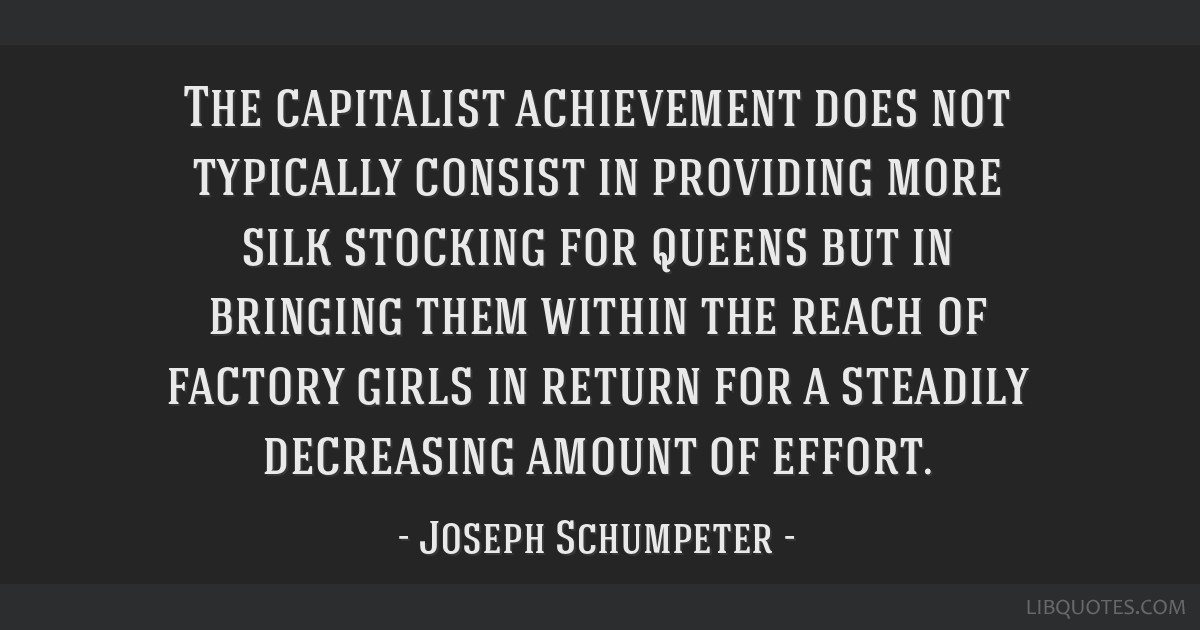Back in 2014, I shared two videos – one narrated by Deirdre McCloskey and the other narrated by Don Boudreaux – explaining how the world went from near-universal poverty to mass prosperity (at least in the nations that embraced free markets and the rule of law).
Here’s a video with a similar theme, narrated by Dan Hannan, a British member of the European Parliament (hopefully not for long).
I like this video because it goes back 10,000 years to the invention of agriculture. (Can’t see the video? Go here.)
Hannan explains how this led to the creation of governments, basically acting as “stationary bandits.”
And for thousands of years, a tiny elite of kings and nobles basically acted as dictators while 99 percent of people endured horrid lives of slavery, oppression, poverty, and misery.
But then, as Hannan discusses (and also explained in the McCloskey and Bourdreaux videos), arbitrary power eventually was replaced by the rule of law and government control was replaced by economic liberty.
Not completely, of course, but to a sufficient degree that there was enough “breathing room” for a private economy to develop. And, in some cases, to flourish.
The result? Massive, amazing, and unthinkable prosperity for ordinary people.
Which gives me a good excuse to share this quote from Joseph Schumpeter, one of the economists from the Austrian School.
Yes, capitalism does wonderful things…assuming politicians don’t get too greedy and saddle us with “goldfish government.”
At times, I’m not overly optimistic. Given the growth of dependency, the expansion of government, and demographic decline, I fear there may be 22nd-century videos discussing how the United States reached a “tipping point” and went downhill.
Daniel J. Mitchell is a public policy economist in Washington. He’s been a Senior Fellow at the Cato Institute, a Senior Fellow at the Heritage Foundation, an economist for Senator Bob Packwood and the Senate Finance Committee, and a Director of Tax and Budget Policy at Citizens for a Sound Economy. His articles can be found in such publications as the Wall Street Journal, New York Times, Investor’s Business Daily, and Washington Times. Mitchell holds bachelor’s and master’s degrees in economics from the University of Georgia and a Ph.D. in economics from George Mason University. Original article can be viewed here.
Self-Reliance Central publishes a variety of perspectives. Nothing written here is to be construed as representing the views of SRC.


